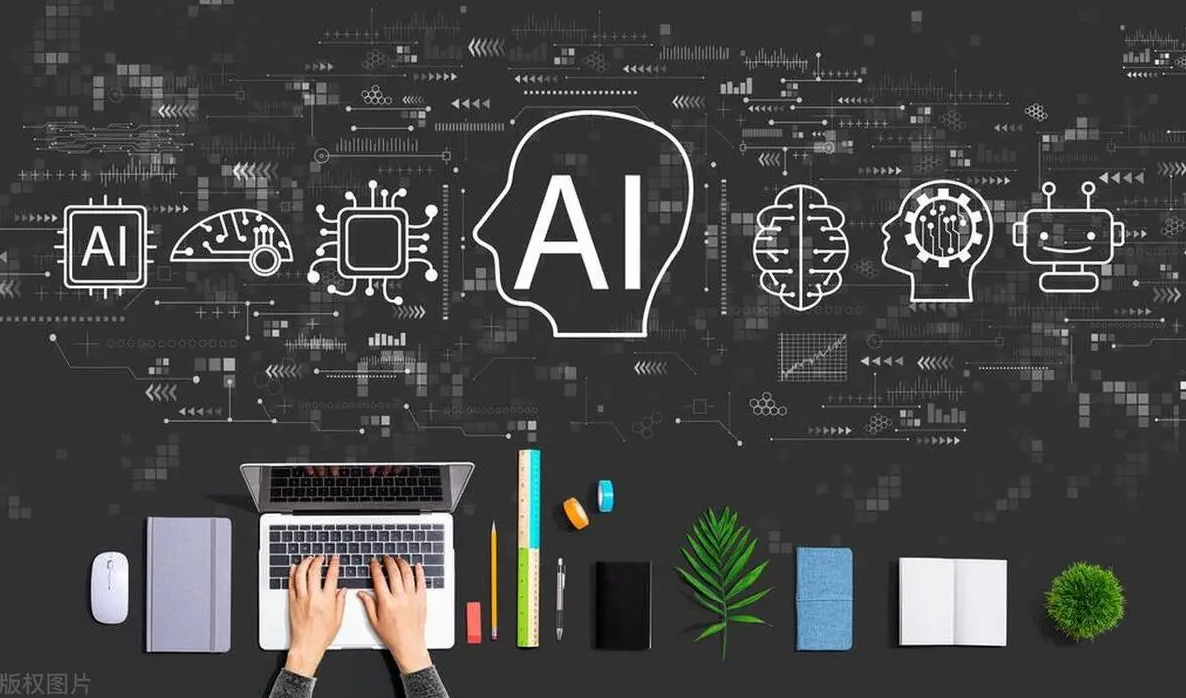The editor of Downcodes will take you to explore the cutting-edge of science and technology! AI scientists in science fiction movies are no longer a distant dream. They are integrating into reality at an alarming rate, leading a golden age of scientific discovery! Global laboratories are being swept by "AI scientists". This is not only a technological innovation, but also a huge change in the scientific research model. How will it change our future? Let’s take a deeper look at how AI scientists can become scientists’ right-hand assistants and drive scientific development to new heights.

You may ask, AI scientists? Can they really think and research like human scientists? In fact, AI scientists are not meant to replace humans, but to become scientists’ “right-hand arms” and help them solve problems more efficiently.
Imagine that a scientist has to consult thousands of documents to find the knowledge he needs, but an AI scientist can complete this work in a flash and extract the most critical information. It's like having a super assistant that can save you a lot of time and energy, allowing you to focus on more important research work.
Picture source note: The picture is generated by AI, and the picture is authorized by the service provider Midjourney
AI scientists can also help scientists design and execute complex experiments. For example, when studying nuclear fusion, AI can simulate the experimental process and help scientists better control the shape of the plasma, thereby improving experimental efficiency. It's like having an experienced "master" who can guide you to avoid detours and achieve breakthroughs faster.
Of course, AI scientists also have some "glitches", such as they may produce some false or misleading information. But this is like a fledgling "apprentice" who needs to continue to learn and improve. Scientists are working to address these issues and develop new methods to assess the reliability of AI models.
In order for AI scientists to better serve scientific research, what do we need to do?
First, we need to set clear research goals for AI scientists. It's like giving an "apprentice" a task and letting them know what they are going to do.
Secondly, we need to provide high-quality data for AI scientists. This is like providing learning materials to "apprentices" so that they can continue to learn and improve.
Finally, we need to establish a good scientific research environment and encourage cooperation between scientists and AI scientists. This is like creating a platform for "masters and apprentices" to learn and grow together, allowing them to promote each other and make progress together.
Although the application of AI in science is still in its early stages, it has already shown great potential. I believe that in the near future, AI scientists will become indispensable partners for scientists, helping us solve more scientific mysteries and promote the continuous development of human civilization!
Here are some examples of how AI is transforming scientific research:
The AlphaFold2 system can predict protein structures, which opens up new avenues for drug design and disease treatment.
AI can help scientists simulate nuclear fusion experiments, which will accelerate the development of clean energy.
AI can help scientists analyze large amounts of genomic data, which will help us better understand diseases and develop new treatments.
To seize the opportunity of AI-enabled science, policymakers need to take action:
Identify the “Hilbert problems” of AI in science, those key questions that can drive scientific progress.
Make scientific data more accessible to scientists, such as building new databases and digitizing public archives.
Teach AI as a next-generation scientific instrument and equip future scientists with the skills to use AI.
Explore new ways of organizing science, such as establishing new research institutes and encouraging interdisciplinary collaboration.
AI is setting off a revolution in scientific research. Let us look forward to a new era in which AI empowers science!
The integration of AI and science will bring infinite possibilities to mankind. Let us wait and see how AI scientists rewrite the history of science!